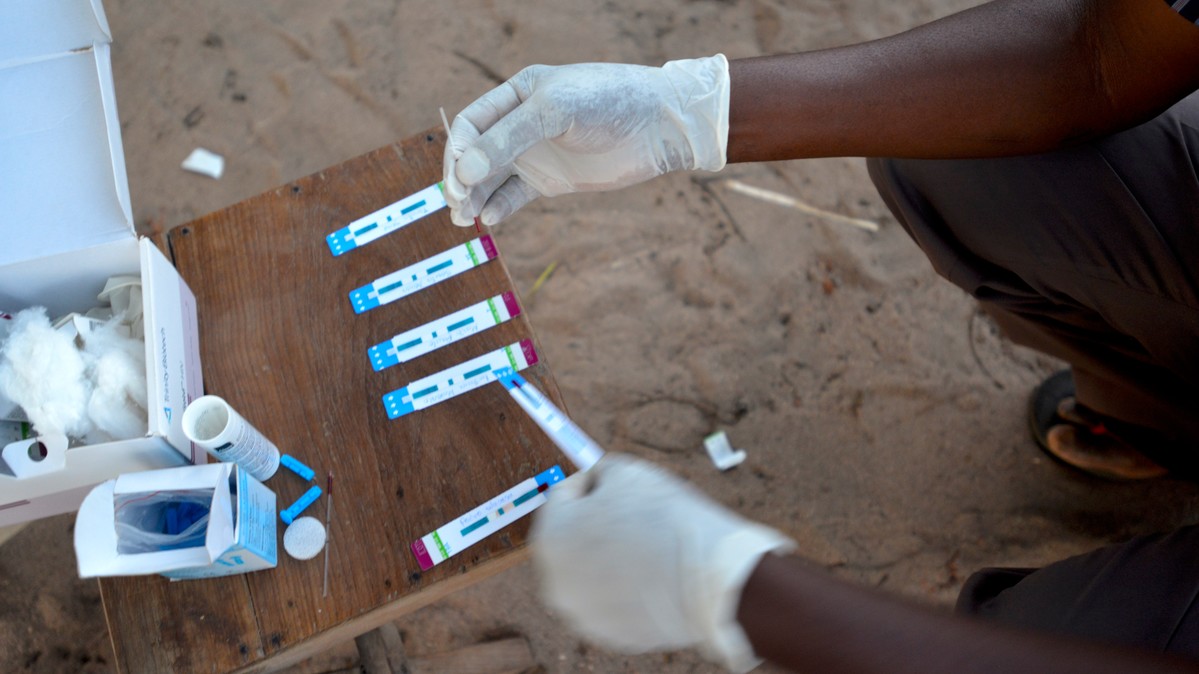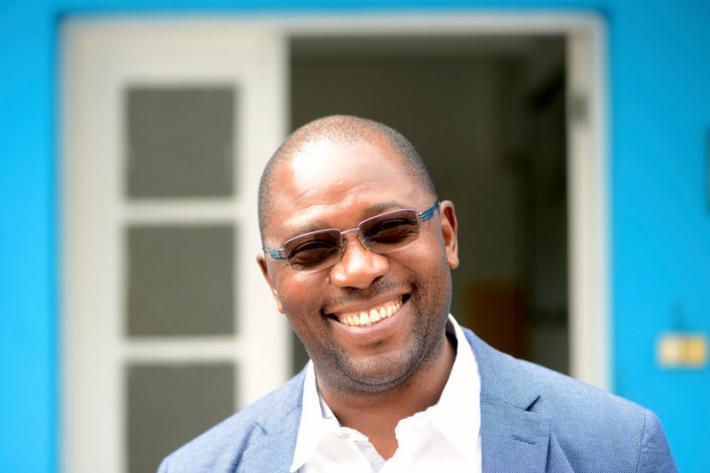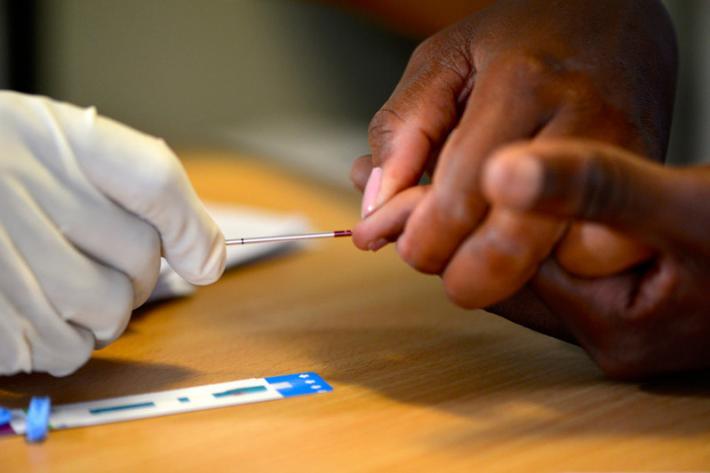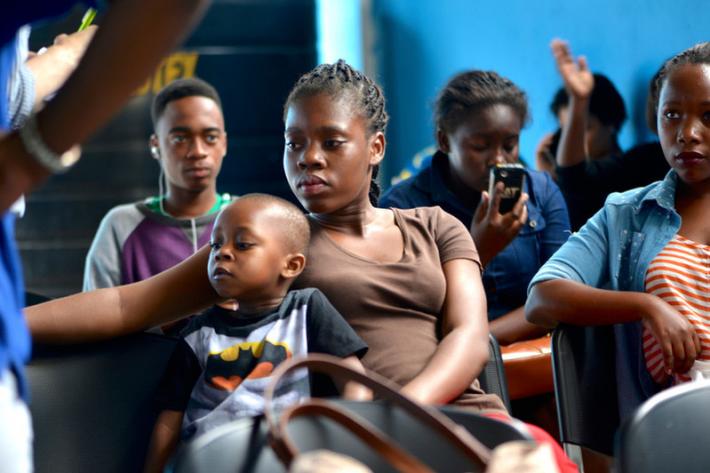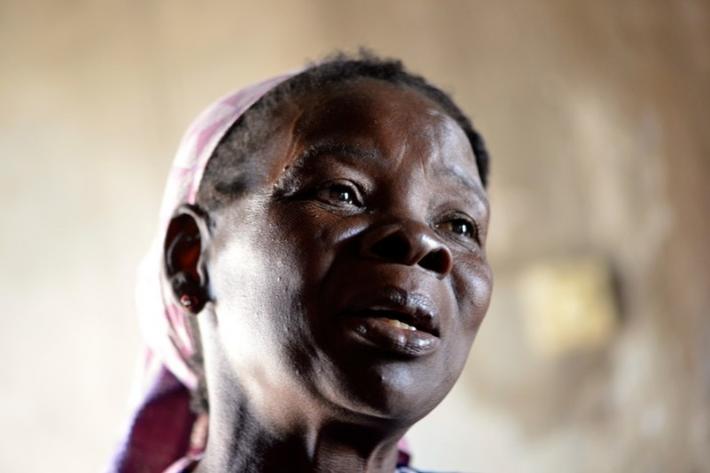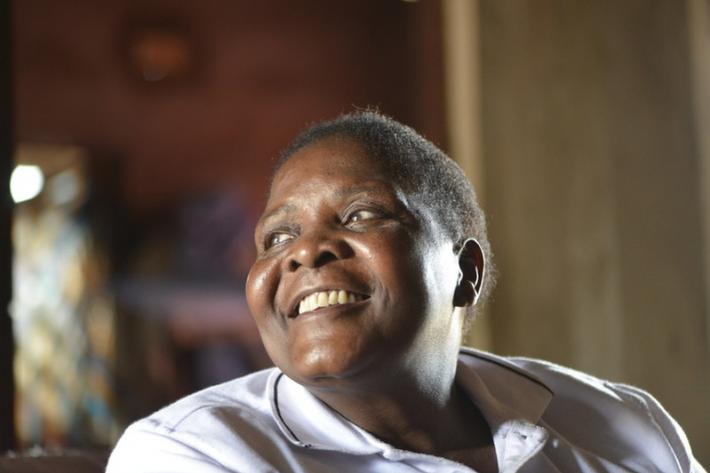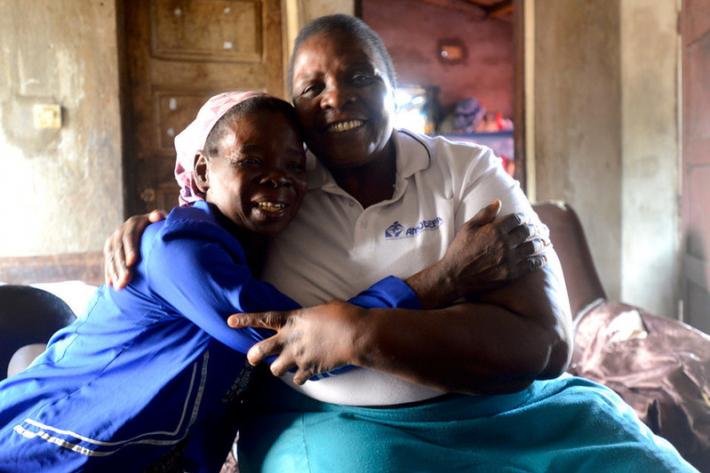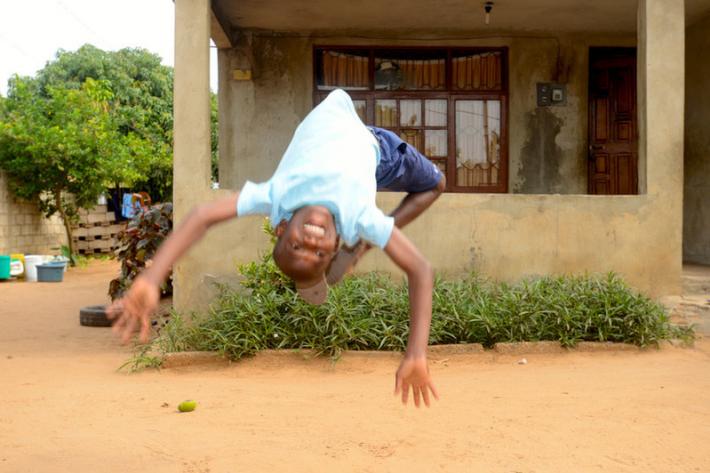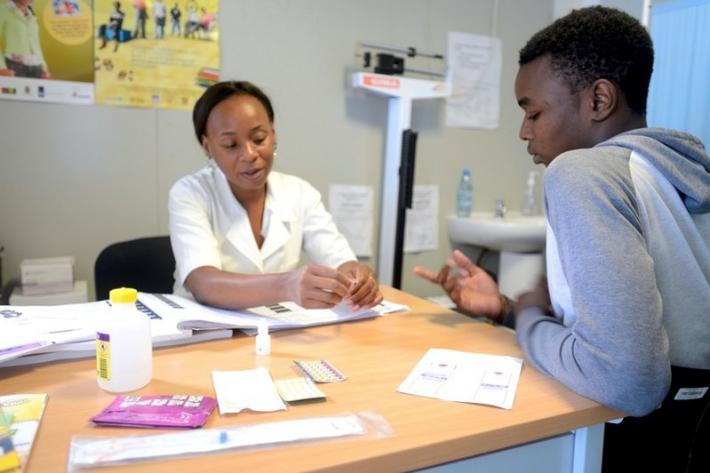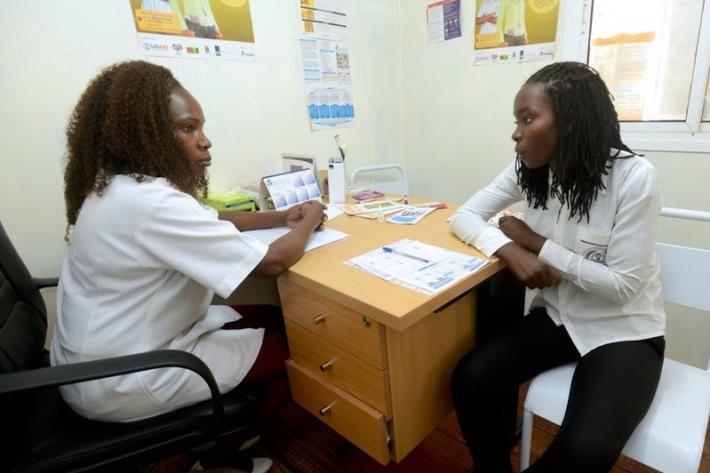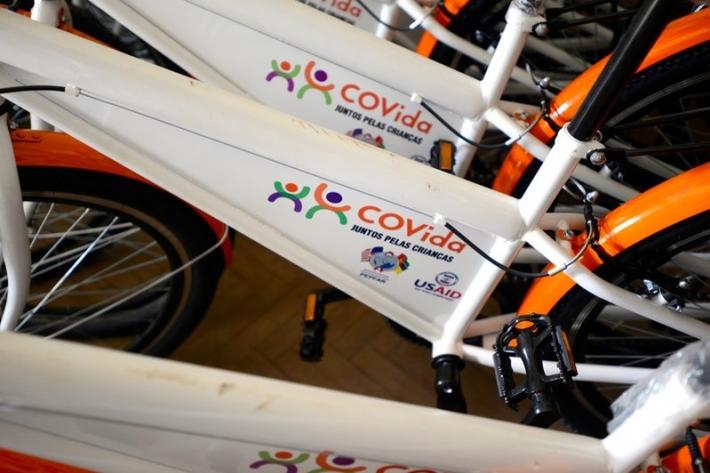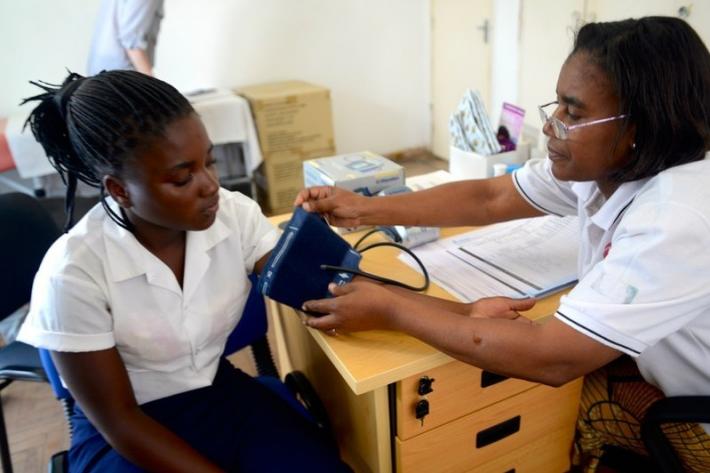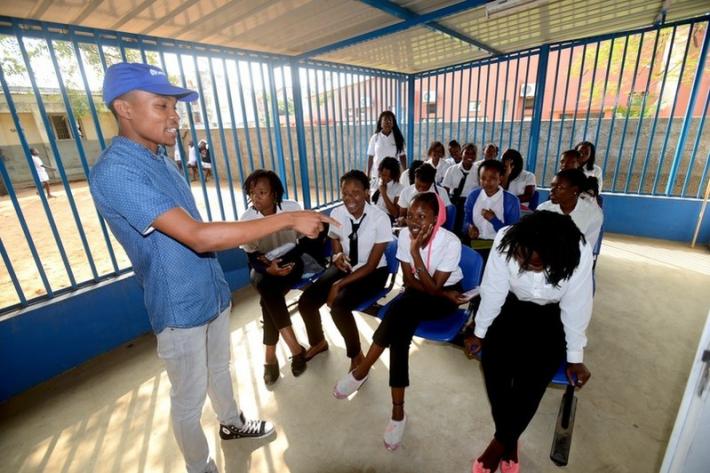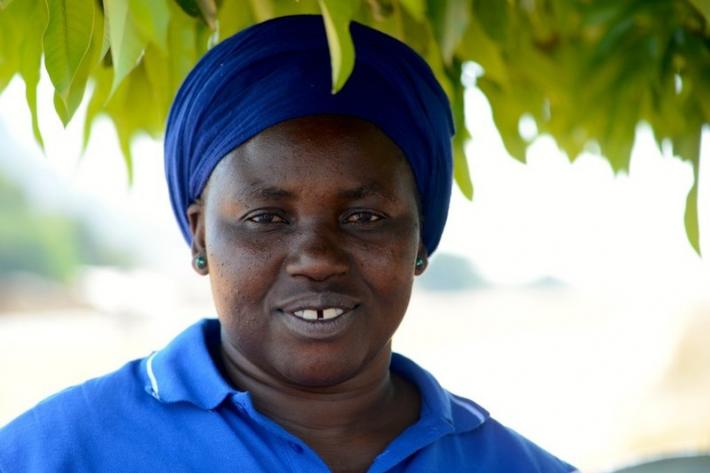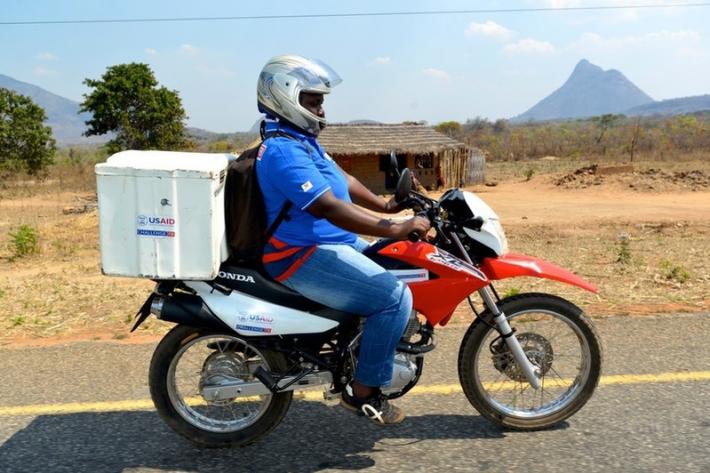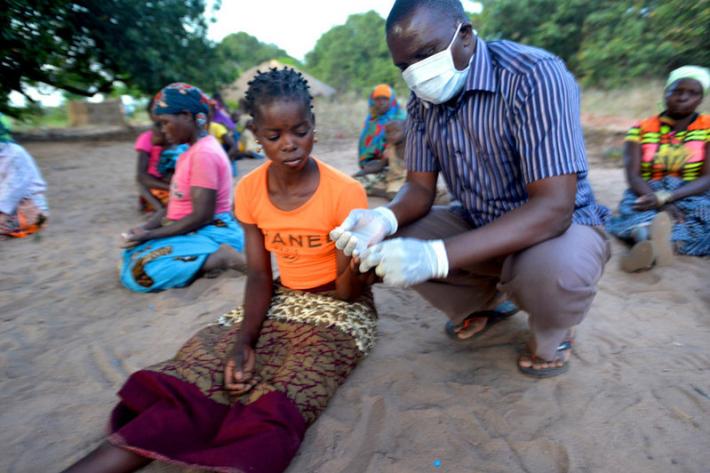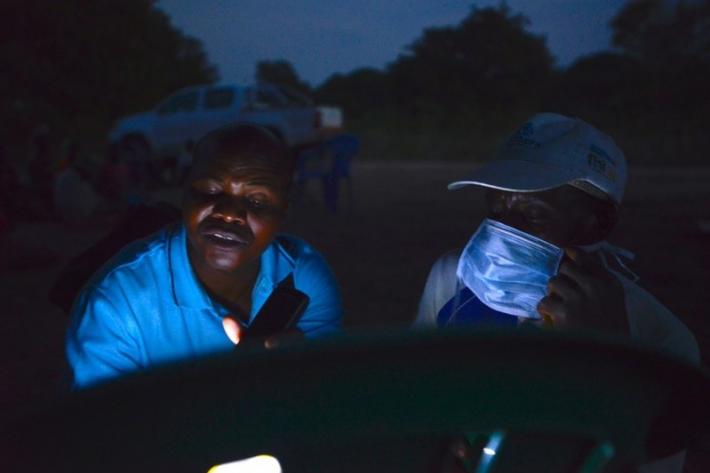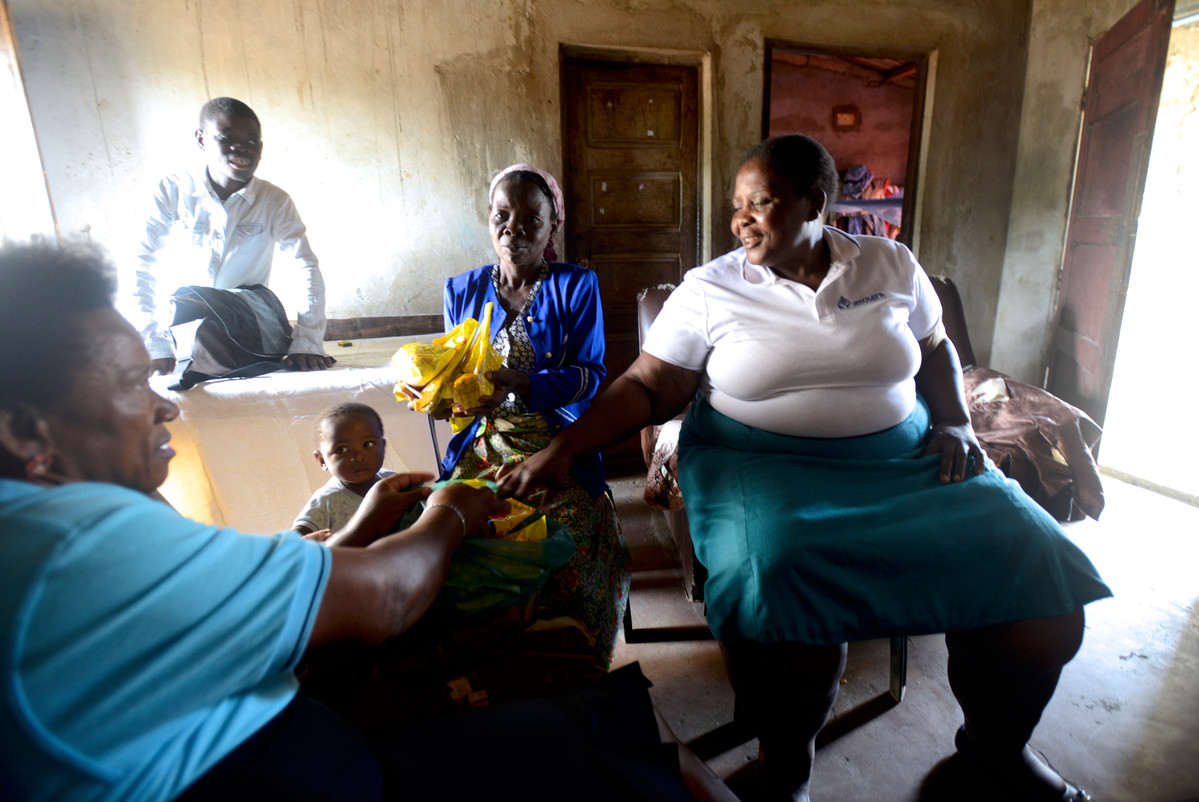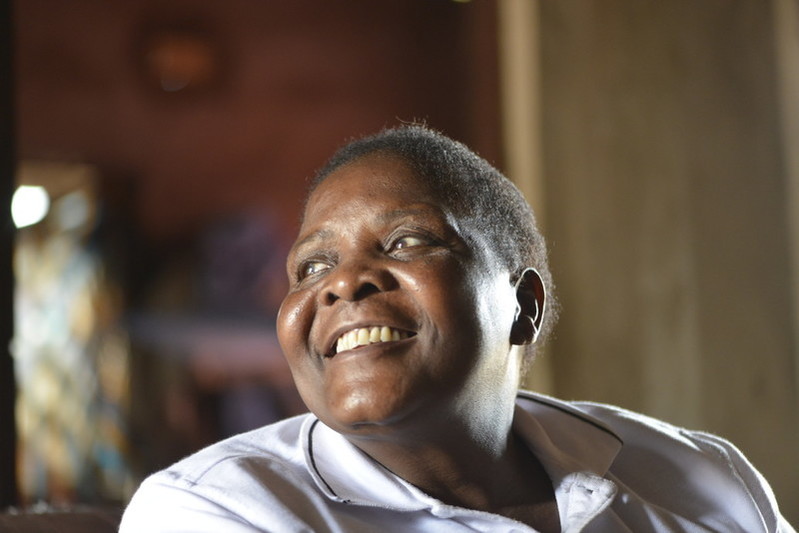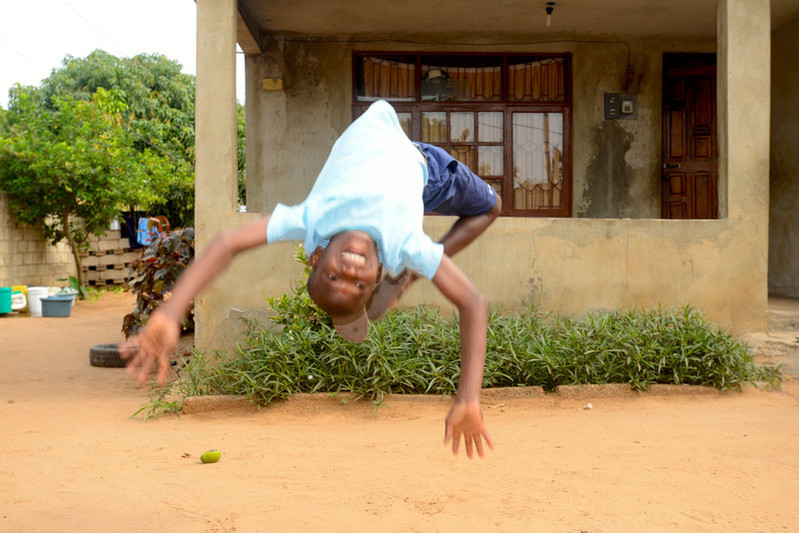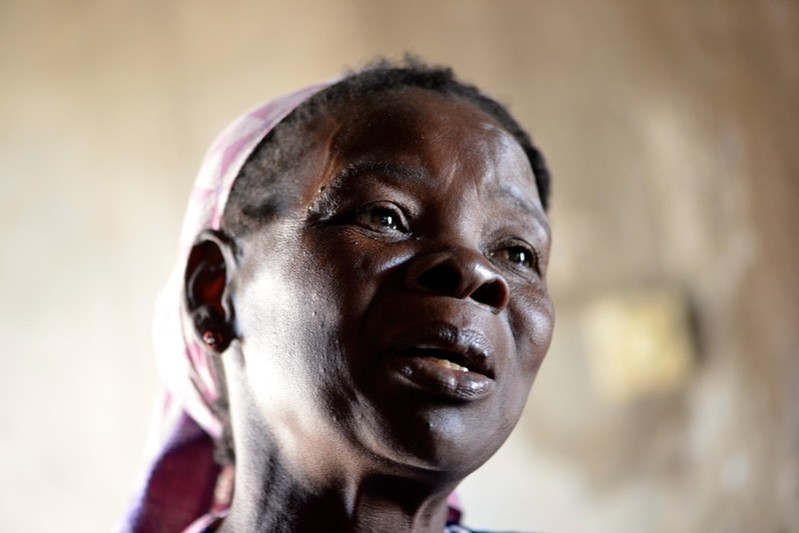“They call us ‘Muhanyisse’”, says Albertina Machaieie, a nurse working with Amodefa, the Mozambican Association for Family Development. It means saviour in the local language, Shangaan.
For 19 years, Machaieie and her team of activists – volunteers who are HIV positive – have been visiting communities in the poorest suburbs of Maputo, bringing healthcare to those with HIV and raising awareness about the disease. This year they provided medical check-ups, treatment, food and counselling to more than a thousand families living with the virus.
But the continuation of the home care programme and other vital health services Amodefa offers in Mozambique are under threat following the reintroduction of the Global Gag Rule. The Global Gag Rule, or Mexico City Policy as it is formally known, stops US aid to all health programmes run by organisations who perform or counsel on abortion.
The decision, which will deprive Amodefa of $2 million, 60% of its budget, will have devastating consequences for the fight against HIV in Mozambique, where an estimated 12% of the country’s nearly 30 million population are living with the virus. “We estimate half million people across their HIV, tuberculosis, malaria and family planning projects will be affected,” says Santos Simione, the executive director of Amodefa.
Albertina’s team of 60 volunteers has already had to be halved. She says some of her volunteers will continue to visit families, but without funds to cover transport many patients will no longer receive the treatment or counselling they need.
For women like Palmira Enoque Tembe, who lives with her two sons who are also HIV positive, and four grandchildren, stopping these visits would sever a vital lifeline. Tembe says she was terrified when she found out she had HIV: “I didn’t want to do anything, just sit in my room and cry.” But the anti-retroviral therapy and counselling Amodefa provides have given her a new lease on life. She is well enough to start subsistence farming again, “and I am making plans for the future. I know now to get ill is not to die,” she says.
By the end of October, 14 of Amodefa’s 20 sexual and reproductive health clinics across three provinces in southern Mozambique will also have to close. Nurses at the clinics see around 300 patients a day, mostly girls seeking family planning advice, but also people looking for testing and counselling for HIV and other STDs.
“Outside of these service centres young people have little to no access to this information,” says Nalia Chambal, the head of the Tua Cena programme, which is operated through these clinics. “[With the closures] we’ll see a rise in unwanted pregnancies, early child marriage, HIV and STD transmission,” she says – which will mean more girls will drop out of school, and there will be more unsafe abortions.
Amodefa works closely with the Ministry of Health to ensure the family planning services it offers, as with its HIV, tuberculosis and malaria programmes, complement and support the government’s own health services. “When we stop, there will be a huge pressure on government facilities,” says Simione. “It will tough on all the country.”
But it will be the poorest and most vulnerable that will be most affected, such as those living in rural Nampula, one of Mozambique’s largest and most impoverished provinces, where Amodefa’s ChallengeTB programme is under threat. The programme, which has been running just over a year, identifies and treats patients with tuberculosis, some living more than 80 km from the nearest health centres.
As the team of volunteers and staff on bicycles and motorbikes bring awareness and testing to ever-more remote communities, the true scope of the disease is beginning to be understood. In the first quarter of this year, 1,318 people were tested for TB in the eight districts where Amodefa works; in the second quarter, 2,106 were tested; and in the third quarter, the number reached 3,154. More than half of these people were diagnosed to be carrying TB.
“We’ve done a lot but there’s a lot more to do,” says Maria Teresa de Fátima, head of monitoring and evaluation for the project. She expects the number of cases will continue to rise over the next two years, before they start to drop off.
Particularly at risk are the roughly 2,000 patients currently taking medication. TB treatment must be taken daily for six months, and those who stop because they can no longer access healthcare may develop a multi-resistant form of the virus which is much harder to treat. Mario Vilanque, a volunteer working with communities in Naha in Morrupula district, where 5 new people have just started treatment, said his patients, are “very confident” in Amodefa; “They have seen 10 people cured – now they have great faith.”
It wasn’t always this way. When Machaieie started the HIV homecare programme in Maputo, she had to hide her car and go into communities anonymously. “People feared HIV so they feared me coming to them,” she says.
It has taken 19 years to change attitudes and break taboos in Mozambique. Now, just as hope is overcoming this fear, global gag rule threatens to force the work of Amodefa and the lives of its patients back into the shadows.
when
country
Mozambique
Blog Series
Fighting The Global Gag Rule
Subject
HIV and STIs
Related Member Association
Associação Moçambicana para Desenvolvimento da Família







